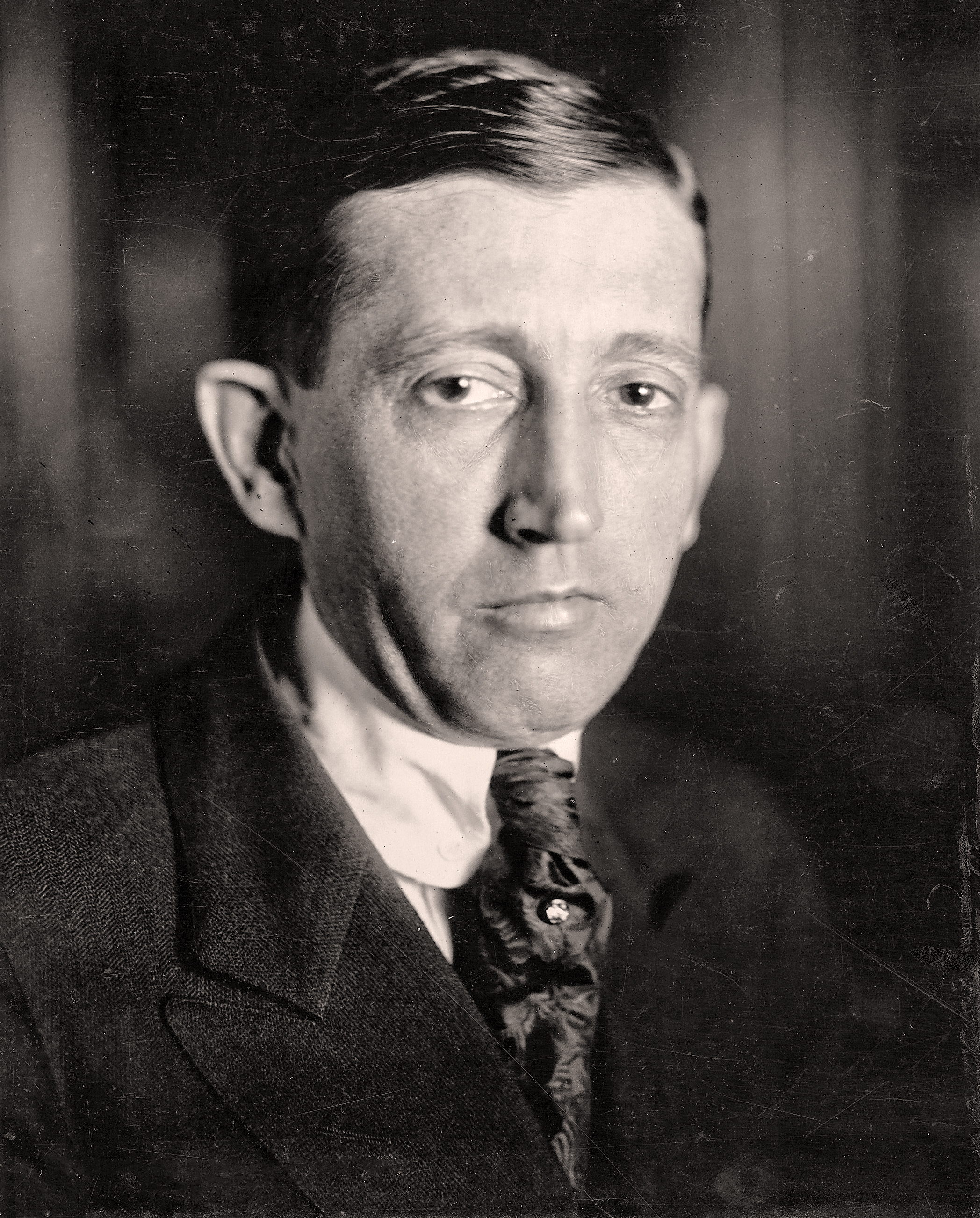Listen to this episode on Apple Podcasts and Spotify.
Who was Will Hays, and how did he come to put his name on the censorship “Code” that would shape the content of movies more than any other single force from the early 1930s into the 1960s? How much power did Hays really have in 1920s Hollywood, how corrupt was he, and why did it take a decade before the Hays Code was fully enforced?
SHOW NOTES:
Sources:
This episode is a response to, and includes a brief excerpt from, Hollywood Babylon by Kenneth Anger.
The Memoirs of Will H. Hays by Will H. Hays
Tinseltown: Murder, Morphine, and Madness at the Dawn of Hollywood by William J. Mann
Go West Young Women! by Hillary Hallett
Hollywood's Censor: Joseph I. Breen and the Production Code Administration by Thomas Doherty
Only Yesterday: An Informal History of the 1920s by Frederick Lewis Allen
“Pictures More Realistic” The Brooklyn Daily Eagle, March 31, 1930
Music:
Original music was composed for this episode by Evan Viola. Most of the rest of the music used in this episode, with the exception of the intro and outro, was sourced from royalty-free music libraries and licensed music collections. The intro includes a clip from the film Casablanca. The outro song this week is “Chinese Bakery” by The Auteurs.
Excerpts from the following songs were used throughout the episode:
he Smoke Room - Gunnar Johnsen
My Simple Thing 2 - Peter Sandberg
The Hipcat Swagger 3 - Martin Landh
Mississippi Ramble 1 - Martin Gauffin
Sophisticated Gentlemen 3 - Magnus Ringblom
Loser - Anders Ekengren
Club Noir 4 - John Ahlin
March Militaire - Franz Schubert
Cluedo - Hakan Eriksson
Black and White Memories 3 - Martin Hall
War March 1 - Peter Sandberg
O Come All Ye Faithful - Traditional
Credits:
Our special guest this week is Gideon Yago.
This episode was written, narrated and produced by Karina Longworth.
Editors: Sam Dingman and Jacob Smith.
Research and production assistant: Lindsey D. Schoenholtz.
Social media assistant: Brendan Whalen.
Logo design: Teddy Blanks.




